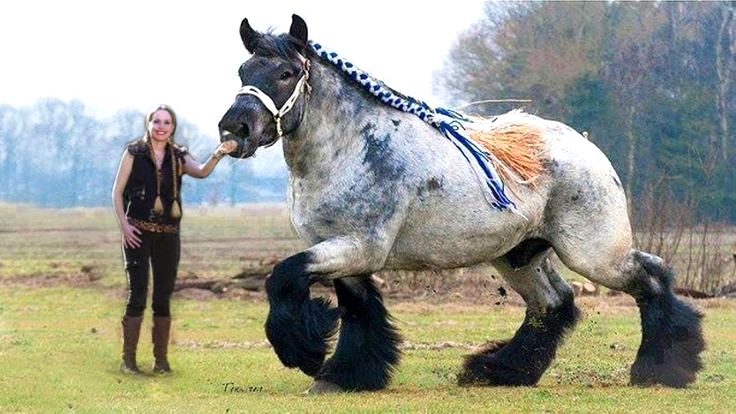The quarter horse is one of the most popular breeds of horse in the world, and for good reason. They are known for their intelligence, docility, and athleticism, and are often used in a variety of disciplines including racing, cutting, reining, and more. But, one thing that many people wonder about is whether quarter horses spook easily. In this article, we will explore this question in-depth and discuss some of the factors that can make a quarter horse spook.
What is Spooking?
Before we dive into the question of whether quarter horses spook easily, it’s important to understand what spooking is. Spooking is when a horse becomes startled by something unexpected and reacts to it by bucking, rearing, or running away. This type of reaction is instinctive and is meant to protect the horse from potential danger.
Are Quarter Horses Prone To Spooking?
When it comes to quarter horses, it is generally accepted that they are not particularly prone to spooking. This is due to their laid-back and intelligent nature. They are known for being able to think things through and assess the situation before reacting. However, this does not mean that they are completely immune to spooking. Every horse is different, and some may be more prone to spooking than others.
Factors That Contribute To Spooking
There are several factors that can increase the likelihood of a horse spooking. These include a lack of training, a lack of trust in the rider, unfamiliar environments, and loud noises.
Lack of Training
A horse that is not properly trained is more likely to spook than one that is. When a horse is trained, it develops a sense of trust and understanding with its handler. This trust helps the horse to recognize that its rider knows what they are doing and can be relied upon to make the right decisions. Without this trust, the horse may be more likely to become spooked.
Lack of Trust in the Rider
Riders who lack confidence in their ability to handle their horse can also increase the chances of the horse spooking. Horses are sensitive creatures and can pick up on the slightest changes in body language or demeanor. If a rider is not confident in their own abilities, the horse may become spooked by the rider’s lack of certainty.
Unfamiliar Environments
Horses are creatures of habit and are often uncomfortable in unfamiliar environments. If a horse is taken to a new riding arena or event, it may become spooked by new sights and sounds. This is why it is important to gradually introduce horses to new environments and help them become comfortable before taking on anything more challenging.
Loud Noises
Loud noises can also contribute to spooking in horses. Things like thunder, fireworks, and sirens can startle a horse and cause it to become scared. If a horse is exposed to these types of noises frequently, it may become desensitized and less likely to spook.
How to Reduce the Risk of Spooking
Thankfully, there are several things that riders can do to reduce the risk of their horse spooking. The most important thing is to make sure the horse is properly trained and that the rider has a good understanding of the horse’s behavior and needs. Additionally, riders should gradually introduce the horse to new environments and provide it with plenty of reassurance and praise to build trust. Finally, riders should be prepared for any situation and be ready to take action if the horse does become spooked.
Conclusion
In conclusion, quarter horses are not typically known for spooking easily. This is due to their laid-back and intelligent nature. However, there are several factors that can increase the likelihood of a horse spooking, such as a lack of training, a lack of trust in the rider, unfamiliar environments, and loud noises. Fortunately, there are ways to reduce the risk of spooking, such as properly training the horse and gradually introducing it to new environments.
Overall, understanding the nature of quarter horses and how to reduce the risk of spooking can help riders ensure that their horse is safe and secure in all situations.

